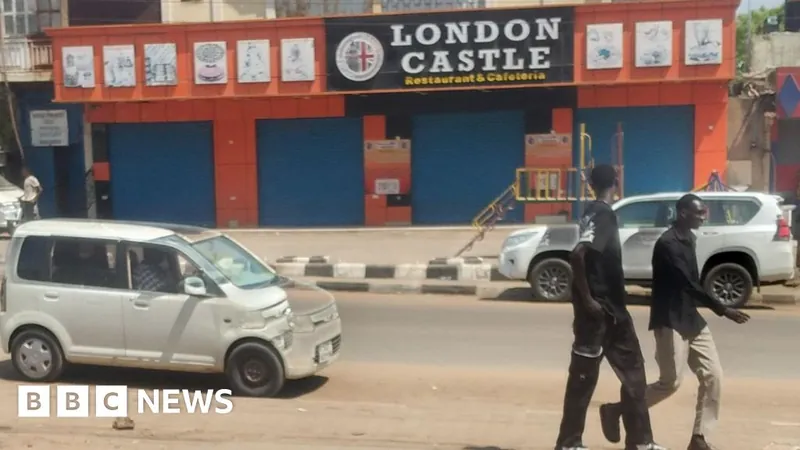
South Sudan Declares Emergency Curfew Amid Surge of Violent Attacks Targeting Sudanese Nationals
2025-01-17
Author: Liam
In a bid to restore order, South Sudan's President Salva Kiir has urged citizens to refrain from vigilante justice following a wave of violent attacks aimed at Sudanese nationals and their businesses. The unrest is a troubling response to ongoing tensions stemming from Sudan's humanitarian crisis, which has seen millions fleeing their country due to brutal military confrontations.
Reports indicate that at least three individuals perished and seven sustained injuries in confrontations with security forces in Juba and Aweil, with their nationalities remaining undisclosed. In Aweil, three properties belonging to Sudanese nationals were set ablaze by mob violence.
In an immediate response, a curfew has been instituted from dusk until dawn, prohibiting any movement on the streets between 6 PM and 6 AM local time. Inspector General Abraham Manyuat Peter articulated the curfew's necessity to prevent further vandalism. Concurrently, police in Juba managed to rescue 45 Sudanese traders from a volatile situation, providing them refuge at a local police station.
The backdrop to this violence is sobering. South Sudan gained independence from Sudan in 2011 after decades of civil conflict, yet the past several months have brought increased inflows of Sudanese refugees fleeing what the United Nations has termed the worst humanitarian crisis currently facing the globe. The UN estimates that approximately 25 million people in Sudan are critically in need of food and humanitarian assistance since unrest escalated in April 2023.
Further fueling these tensions, recent social media footage purportedly depicts Sudanese soldiers executing South Sudanese civilians in eastern regions, prompting President Kiir to condemn these acts as "heinous" and "unacceptable." He has called for Sudan's government to ensure the safety of South Sudanese citizens and to seek international help in investigating these allegations. Rights organizations corroborate reports of targeted ethnic violence, with at least 13 lives lost in ethnic-driven attacks, which included children.
The echoes of a troubling history reverberate through the current situation. Systemic racism and targeted violence against darker-skinned communities in Sudan have plagued the region for years, with dark-skinned individuals often labeled as slaves by lighter-skinned Arab fighters. The tragic legacy of slave raids persisted until the civil war's conclusion in 2005, leading to South Sudan's eventual secession.
As news of the violent incidents circulated, young South Sudanese men, moved by a desire for retaliation, mobilized against Sudanese businesses, leading to gunfire and chaos in neighborhoods across the capital. Shops, especially in Juba's largest market, Konyo Konyo, were shuttered in fear of further violence, with reports emerging of a significant spike in bread prices—up to 17%—as supplies dwindled.
The unrest has not been localized, with reports emerging from Wau, South Sudan's second-largest city, where enraged youths reportedly attacked Sudanese-owned businesses in the Souk Jaw market, prompting police to fire warning shots to disperse the crowds.
Demonstrations against the violence—some spontaneous—were also reported in regions such as Tonj, underscoring the broader unrest that has gripped parts of South Sudan.
As both nations grapple with a historical enmity and emerging crises, the dire need for peace and the pursuit of justice remains paramount amidst a volatile and fractious political landscape.

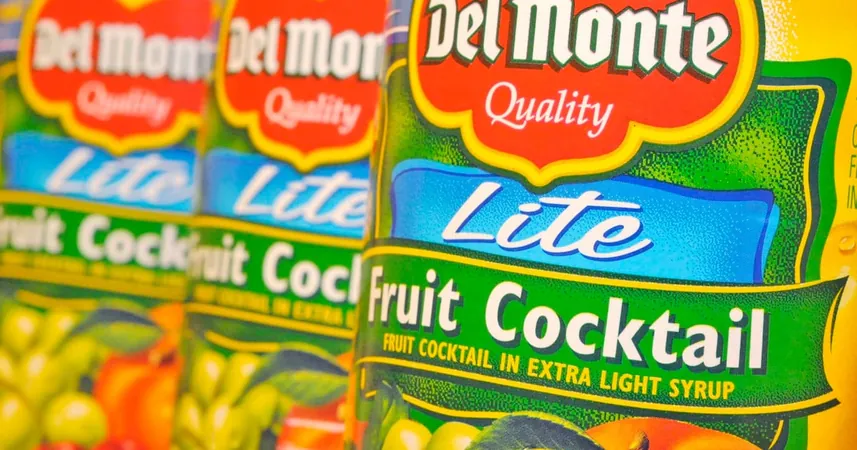
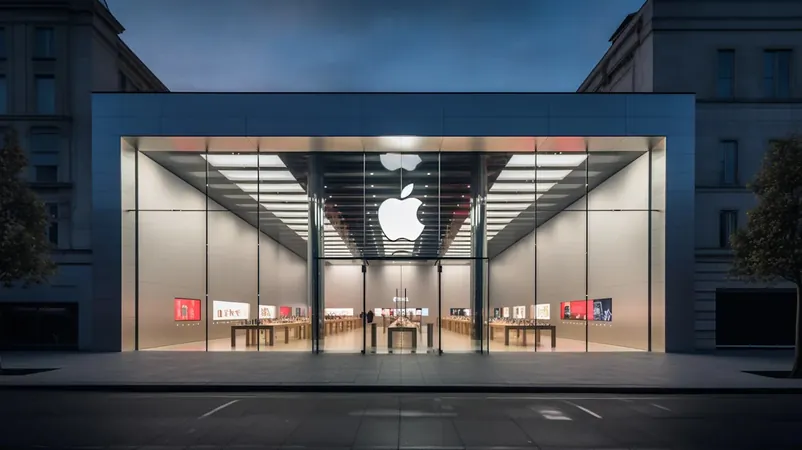
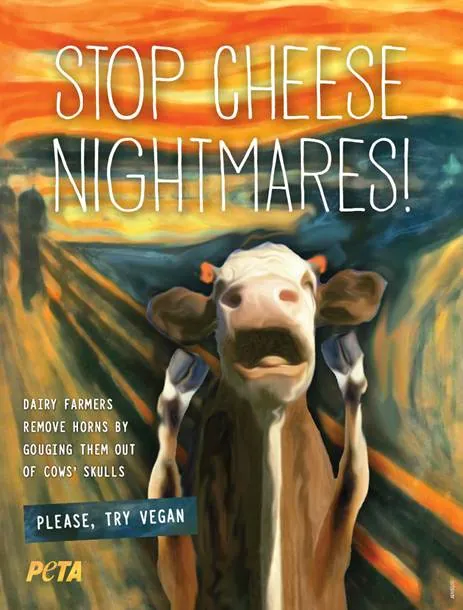

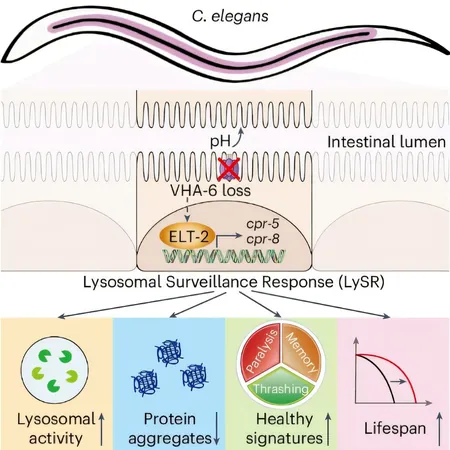

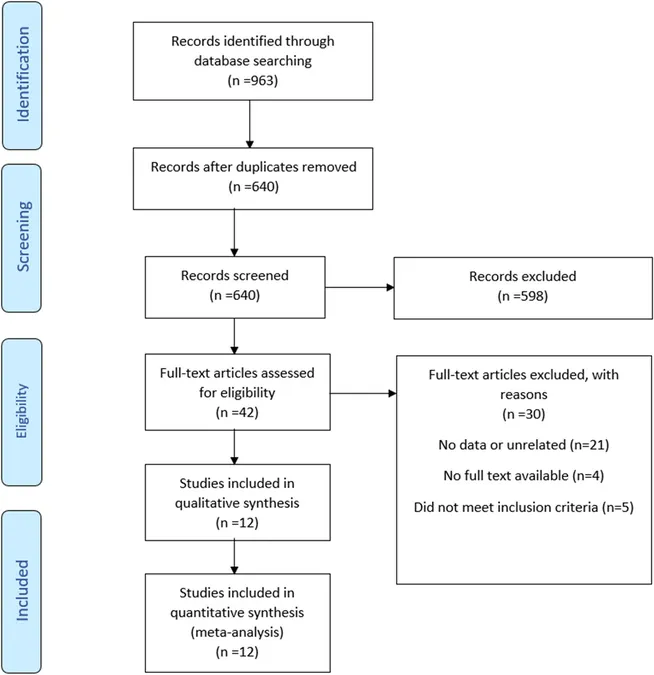

 Brasil (PT)
Brasil (PT)
 Canada (EN)
Canada (EN)
 Chile (ES)
Chile (ES)
 Česko (CS)
Česko (CS)
 대한민국 (KO)
대한민국 (KO)
 España (ES)
España (ES)
 France (FR)
France (FR)
 Hong Kong (EN)
Hong Kong (EN)
 Italia (IT)
Italia (IT)
 日本 (JA)
日本 (JA)
 Magyarország (HU)
Magyarország (HU)
 Norge (NO)
Norge (NO)
 Polska (PL)
Polska (PL)
 Schweiz (DE)
Schweiz (DE)
 Singapore (EN)
Singapore (EN)
 Sverige (SV)
Sverige (SV)
 Suomi (FI)
Suomi (FI)
 Türkiye (TR)
Türkiye (TR)
 الإمارات العربية المتحدة (AR)
الإمارات العربية المتحدة (AR)